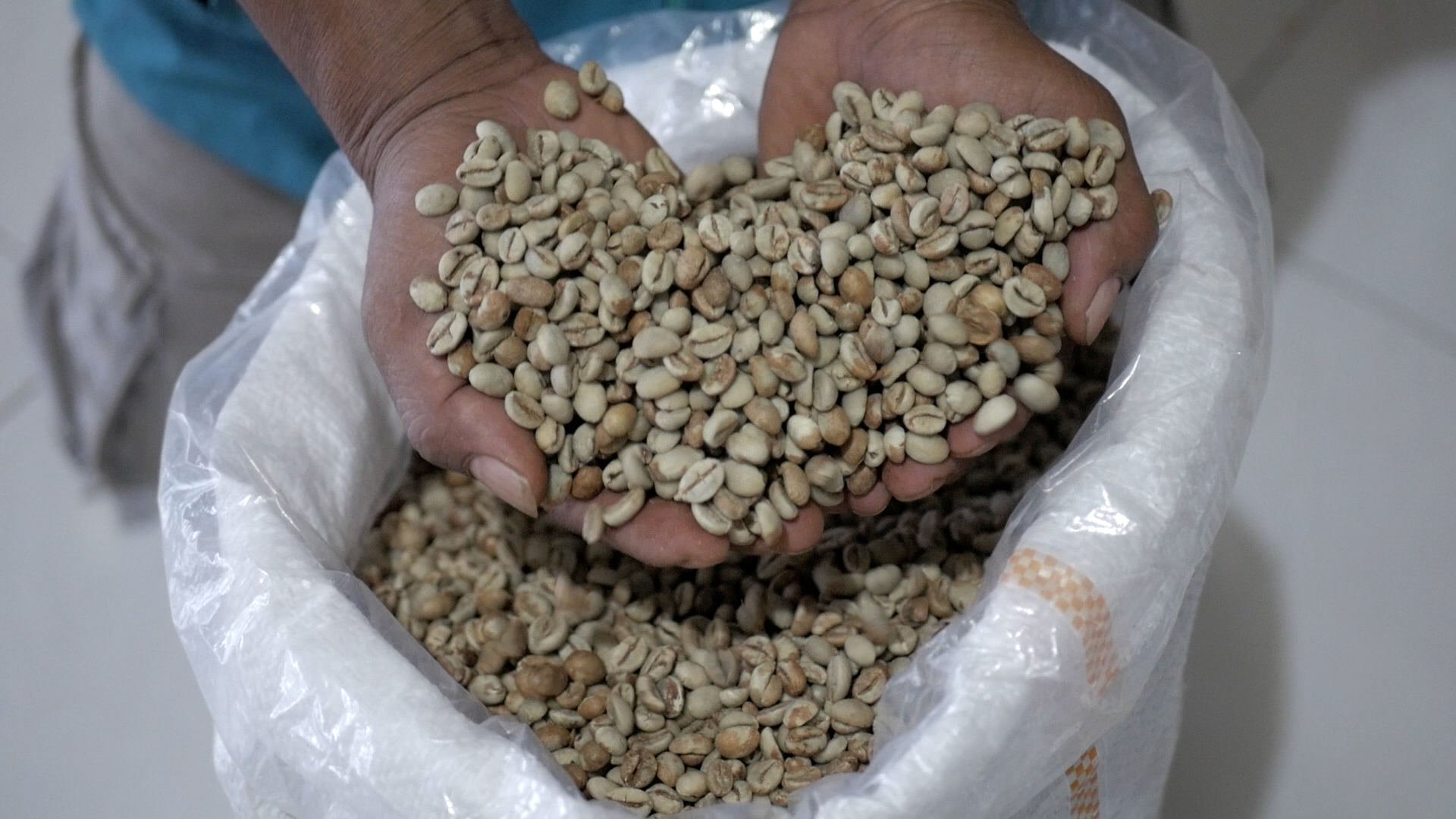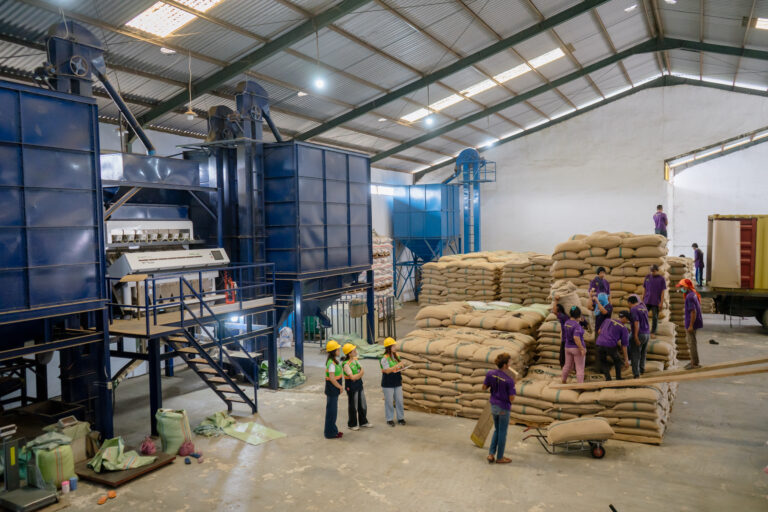Robusta coffee prices play a crucial role in Indonesia’s agricultural and export sectors. As one of the country’s main commodities, Robusta coffee is subject to price fluctuations influenced by multiple global and domestic factors. Understanding these drivers is essential for farmers, exporters, and industry stakeholders aiming to maintain price stability and stay competitive in international markets.
- Global Prices and Currency Exchange Rates
Indonesia’s Robusta coffee prices are closely tied to international market trends. When global prices rise, local prices follow. Additionally, the exchange rate of the rupiah against the U.S. dollar plays a key role. Since most export transactions are done in foreign currency, a depreciating rupiah leads to higher local prices. Data shows that a 1% rupiah depreciation may increase domestic Robusta coffee prices by nearly 0.9%. Therefore, currency stability is crucial to maintain competitive pricing.
- Government Policies and Agricultural Support
Government intervention, especially in the form of input subsidies like fertilizers, can significantly affect production costs and profitability. For example, Vietnam has managed to maintain stable Robusta prices partly due to consistent government support. In contrast, the removal of subsidies in Indonesia may increase production costs, while market prices may not always rise in tandem reducing profit margins for farmers unless efficiency or value-added improvements are made.
- Quality Improvement and Product Innovation
The quality of Robusta coffee is a major factor in determining its market value. Beans that are well-processed and have distinctive flavors command higher prices. Innovation in post-harvest handling, the use of improved varieties, and specialty product development (such as organic or fine Robusta) all enhance market appeal. With rising demand for premium and sustainable coffee products globally, Indonesia has a significant opportunity to tap into niche markets and improve farmer incomes.
- Conclusion: Strategies for a Stable Robusta Coffee Market
Robusta coffee prices are influenced by a wide range of factors, climate conditions, supply-demand dynamics, international prices, currency exchange rates, government policies, and product quality.
For exporters, consistency in supply and high product standards are key to accessing premium markets. Meanwhile, government support in the form of subsidies, infrastructure, and training will help farmers adapt to changing conditions and remain resilient amidst global challenges. By managing these factors strategically, Indonesia can strengthen its position in the global Robusta coffee market and enhance the long-term economic value of this vital commodity.





